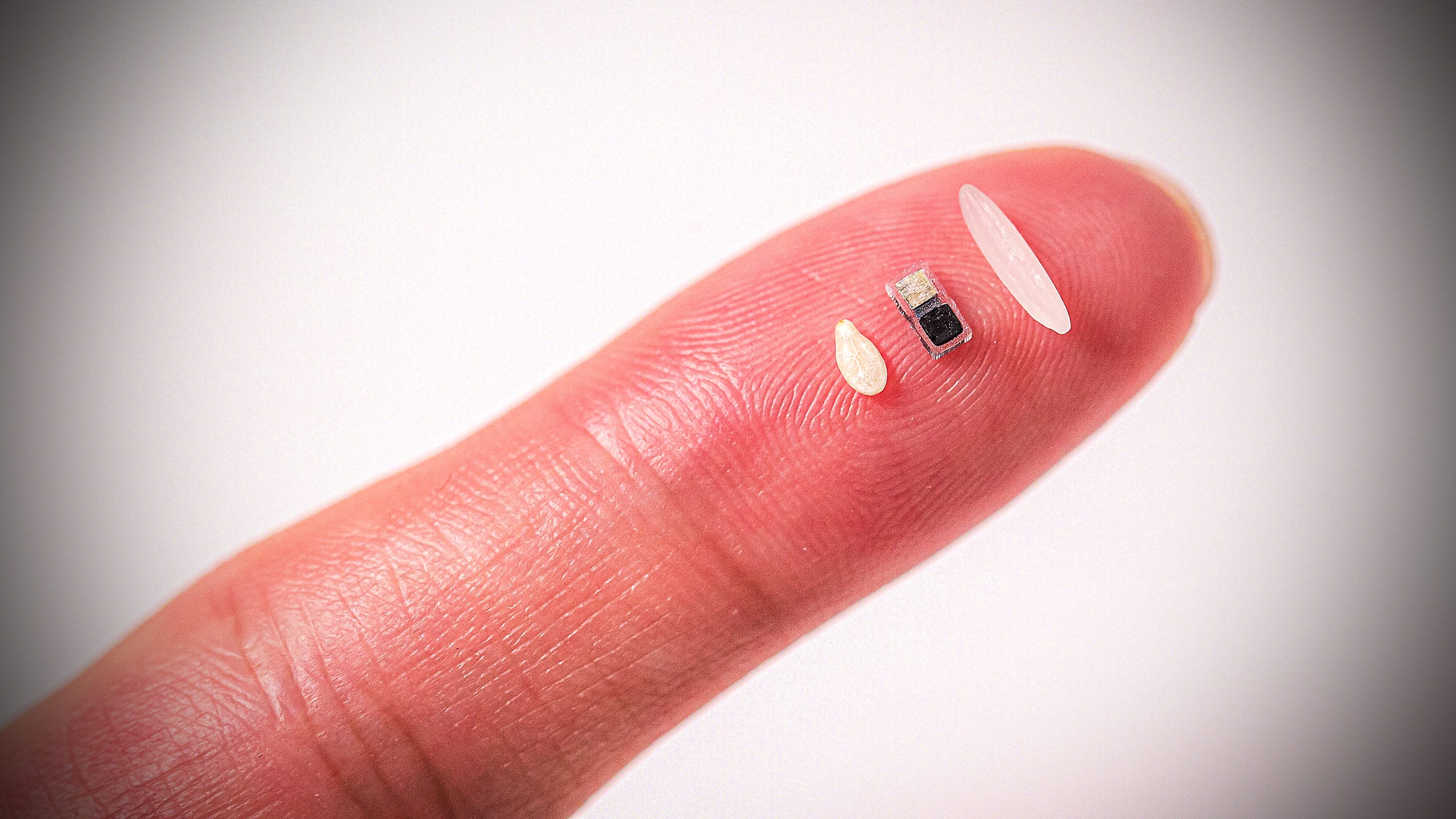Negative
24Serious
Neutral
Optimistic
Positive
- Total News Sources
- 1
- Left
- 1
- Center
- 0
- Right
- 0
- Unrated
- 0
- Last Updated
- 141 days ago
- Bias Distribution
- 100% Left


Northwestern University Develops Dissolvable Pacemaker for Infants
Researchers at Northwestern University have developed a groundbreaking pacemaker, smaller than a grain of rice, designed for temporary use in patients, particularly infants with congenital heart defects. This innovative device can be injected non-invasively and is powered by the body's biofluids, eliminating the need for external leads and reducing surgical complications. When irregular heartbeats are detected, a wireless chest patch emits light pulses that activate the pacemaker to deliver electrical stimulation. The device is biodegradable and dissolves harmlessly once its function is complete, addressing significant risks associated with traditional temporary pacemakers. This advancement could improve cardiac care for vulnerable populations, reducing the need for additional surgeries and the potential for infection. Researchers emphasize that the design's miniaturization is crucial for pediatric applications, as about 40,000 infants in the U.S. are born with heart defects each year.

- Total News Sources
- 1
- Left
- 1
- Center
- 0
- Right
- 0
- Unrated
- 0
- Last Updated
- 141 days ago
- Bias Distribution
- 100% Left
Negative
24Serious
Neutral
Optimistic
Positive
Stay in the know
Get the latest news, exclusive insights, and curated content delivered straight to your inbox.

Gift Subscriptions
The perfect gift for understanding
news from all angles.
